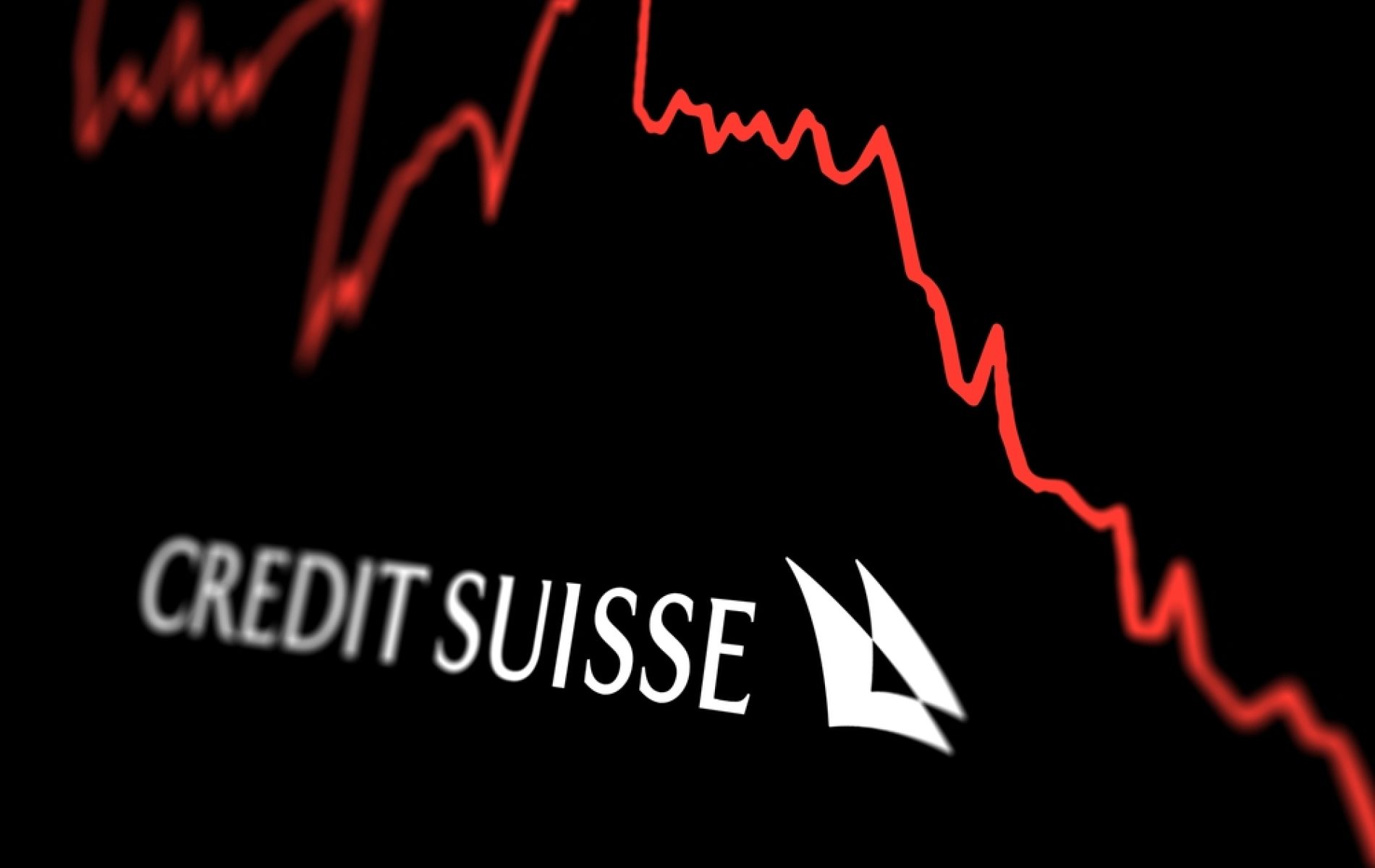Fact Pattern
UBS announced on 19 March 2023 that it would acquire Credit Suisse in an all-share transaction to rein a crisis of confidence that threatened to spread through global financial markets.
Analysis
Notwithstanding the guarantees encompassing billions in losses and offering unlimited access to funds from the Swiss National Bank (‘SNB’), shareholders are usually more than pleased when a bank acquires its competitor for bargain level prices. Yet, UBS investors have maintained a level of professional scepticism as evidenced by the subsequent see-saw price movements in the bank’s stocks. The primary issue, further to the lack of internal controls, is that no one knows whether Credit Suisse’s balance sheet contains any material misstatements. Accordingly, only time will tell whether Credit Suisse was really a bargain at $3 billion.
Implications
When a company enters insolvency, the typical priority of payments are usually as follows: secured creditors, preferential creditors, unsecured creditors, and finally, shareholders. This means the claims of bondholders, as the issuing corporation’s creditors, must be satisfied before any claims of shareholders in the event of insolvency or reorganisation. In maintaining that UBS’s acquisition of Credit Suisse is ‘no bailout’, the Swiss government has opted to invoke an emergency ordinance to wipe-out over $17 billion in bonds, even as it orchestrates a deal whereby existing Credit Suisse shareholders will receive newly issued UBS shares. Whilst this has inevitably frustrated bondholders, it may also have incited a new wave of fear for those invested in European bank bonds at a sensitive time when investor confidence in the global financial markets prove critical.
